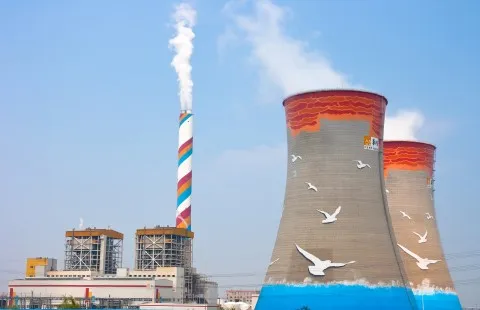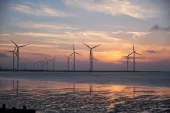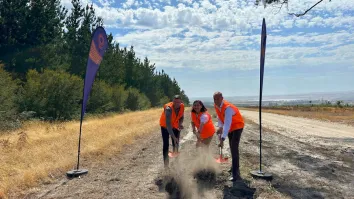
Nuclear energy still needed to achieve ambitious global climate agreement
Will Asian governments be ready to join the nuke bandwagon?
According to the World Nuclear Association, the COP 21 agreement has given a very strong signal that future investment in the energy sector should move rapidly towards low carbon technologies. Studies by organisations such as the International Energy Agency have shown that achieving the goal of a 2°C target would require a significant contribution from nuclear energy. Given that the agreement has shown even greater ambition, aiming for well below 2°C, the need for nuclear energy to play its part is even clearer.
Agneta Rising, Director General of the World Nuclear Association said: "We welcome the commitments that governments have made and the nuclear industry stands ready to help achieve the goals of the Paris Agreement. This agreement should lead to a more positive outlook for nuclear investments, as nuclear is an important part of the response to climate change in countries across the world."
Governments have already announced national plans to control greenhouse gas emissions. But these plans will not be sufficient to reach the new targets set out in the agreement.
Agneta Rising said: "what governments need to do now is convert the global agreement they have reached in Paris into national policies, including a progressive decarbonization of the electricity generation sector. We have proposed that there should be 1000 GW of nuclear new build by 2050 as part of a balanced low-carbon future energy mix”.
“To achieve this, we need to see the introduction of energy markets with level playing fields which recognise the value of low carbon and reliable generation. We need to see the adoption of harmonised nuclear regulatory processes internationally. We also need to ensure that actions do not lead to clean nuclear power plants being closed prematurely and replaced with more polluting alternatives. Ongoing investment is also needed to help develop the next generation of nuclear technology, along with a clear and achievable pathway for deployment”.



















 Advertise
Advertise







